Our research team offers a tip on conducting successful international research, a collection of advice from a team that has traveled to more than 30 countries on five continents.
Tip #1: Build in adequate preparation time with translators to make sure they are up to speed with industry lingo, understand research goals and can translate specific industry vernacular effectively. When doing research for a client in China, Germany, Korea and the Netherlands, we created a glossary of terms to help get resources up to speed since we were dealing with an industry with unique terminology in four languages.
Tip #2: Conducting a pilot study before kicking off formal data collection provides a low-investment opportunity to test methods before undertaking expensive international data collection. We conducted a pilot focus group session for a major software company at the firm’s U.S. headquarters prior to fielding the study internationally. This allowed a larger group of stakeholders to have input into the research protocol without requiring travel, and it set expectations as far as what type of information they should expect when we returned.
Tip #3: Learn basic phrases in local languages in an attempt to build greater rapport with study participants. The little things count when you are trying to get in sync with a participant who can’t understand you, and you need to do everything you can to establish rapport, whether it is through pacing of questions, eye contact, general body language or using some phrases in their language. You will see many surprised and delighted reactions when you are able to provide basic responses in the person’s native language.
Tip #4: Today, user research is often conducted in nations with emerging economies and in many cases, the research participants we visit are not even aware of the practice of conducting up-front investigation into work flow, behavior, etc. This can cause them to become apprehensive and suspicious at our intentions. It is therefore critical to liaison with an expert (recruiter, translator) who can broker our requests to visit and speak with participants by assuaging concerns and communicating our true purpose.
Tip #5: When preparing for international research, you must ensure that best practices are followed when translating materials for international use. This requires translation of materials into the secondary language, followed by translation back into the primary language for verification. This approach requires the use of multiple translators and ensures that materials are accurate. If the subject of your study includes complex and industry-specific language, be sure to work with regional experts to verify the translations.
Tip #6: When conducting research in other countries, it’s easy to overlook the effect that the local culture has on the experience. We’ve found a lot of value in spending some time on the ground collecting a high-level perspective on the local culture. This can also be accomplished through several interviews with people who understand the local culture. This allows us to better contextualize the information we see and learn during the research sessions.
Tip #7: When writing protocols with concept descriptions or other forms of written stimuli that need to be read aloud to a research subject by an interpreter, it is very important to keep the language concise. Concise descriptions ensure that all participants receive the same level of description, which helps ensure that all participants are reacting to the same idea. This can be difficult when using multiple interpreters; therefore, condensed and concise language simplifies the translation process and increases your confidence in the results.
Tip #8: Whenever possible, kick off data collection in familiar territory. In situations where pilot studies (as described in Tip #2) aren’t possible, this can be a good alternative. If scheduling allows and research is being conducted across a range of environments or users, start with whichever has the fewest unknowns – be it language, users, market data, or other variables. Eliminating variables early on can also streamline your debriefing and first-pass analysis activities. This can help you to more quickly and effectively establish “straw-man” descriptive frameworks, which, in turn, can make the work in more complex/lesser-known environments more productive. For many of our domestic clients engaging in global research visits, this might mean starting in the US. For clients seeking to expand into new markets, this could mean starting with a market that is already established. Doing so will make it easier to identify any issues early on and course-correct before additional challenges are introduced by variations in language, culture, or behavior.

